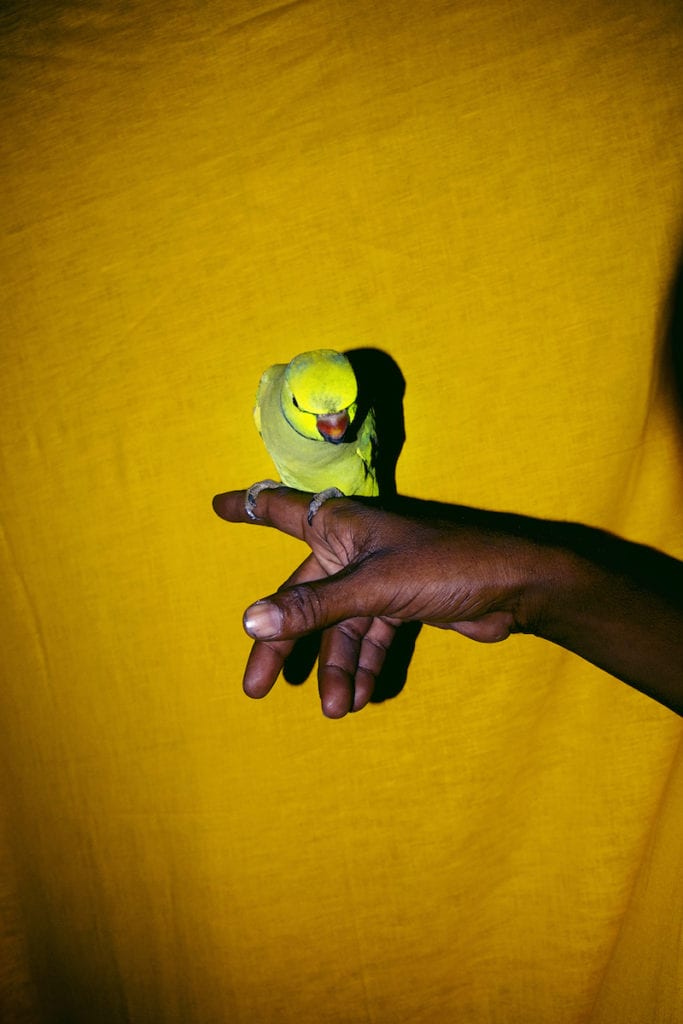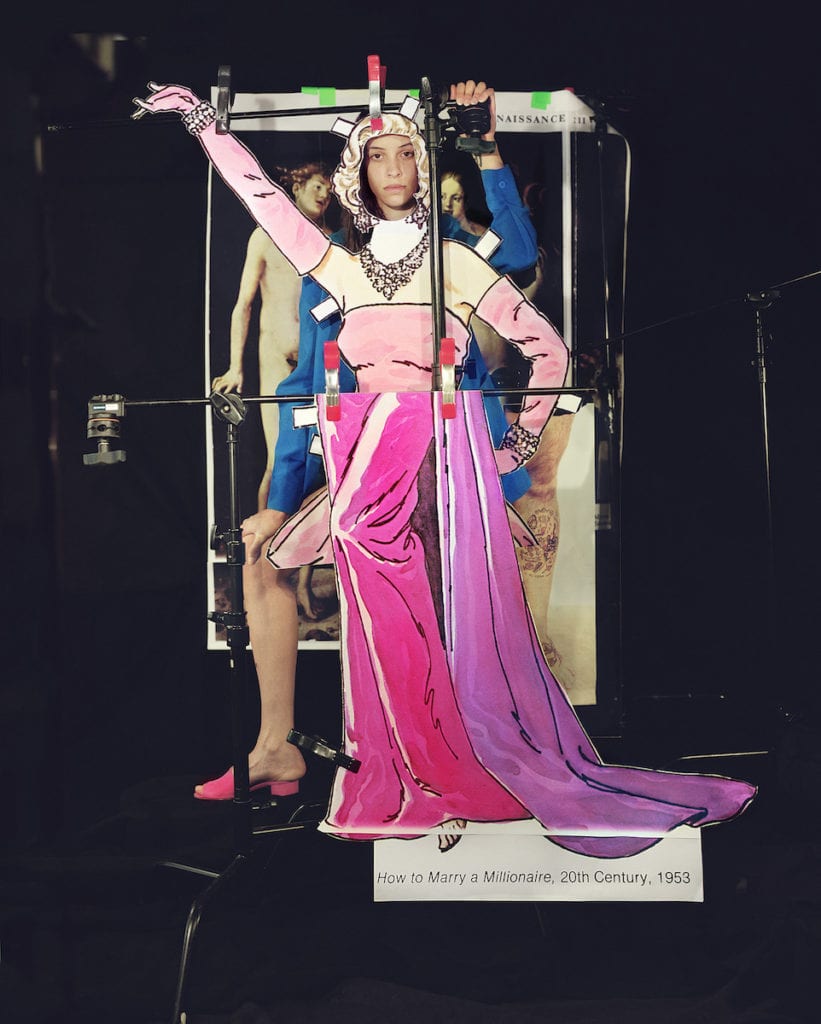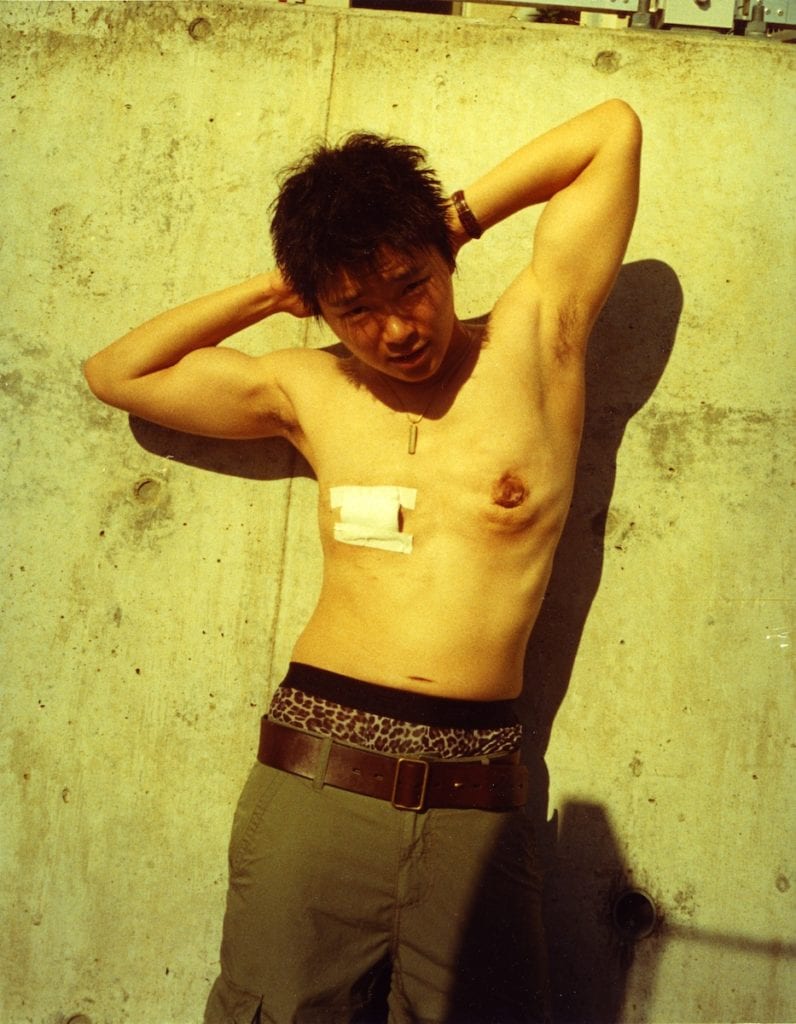COVID-19 has precipitated the cancellation of numerous book fairs worldwide: in America, the 2020 LA Art Book Fair and Paris Photo New York were cancelled; and in London, it appears unlikely that Offprint in mid-May will go-ahead as planned. This has, and will, continue to impact both artists and publishers significantly. “We saw publishers struggling because their primary source of income had been lost,” explains Jason Koxvold, the founder of independent publisher Gnomic Book, and now Virtual—Assembly: an online book fair that will run over the next three days, from April 24 to 26.
The fair comprises an impressive line-up of virtual discussions between artists and writers, organised by the director of programming Stanley Wolukau-Wanambwa. It includes a conversation between Jason Fulford and Sohrab Hura exploring the book as a form, and adventure; and a discussion between Justine Kurland and Sasha Phyars-Burgess regarding their approaches to picturing women. Alongside the live programme, more than 50 publishers — including Loose Joints, MACK, Mörel Books, and Self Publish, Be Happy — will present new publications, displayed via video.
Below, Koxvold discusses the impetus for creating the fair, and how he approached creating an event for the online world.
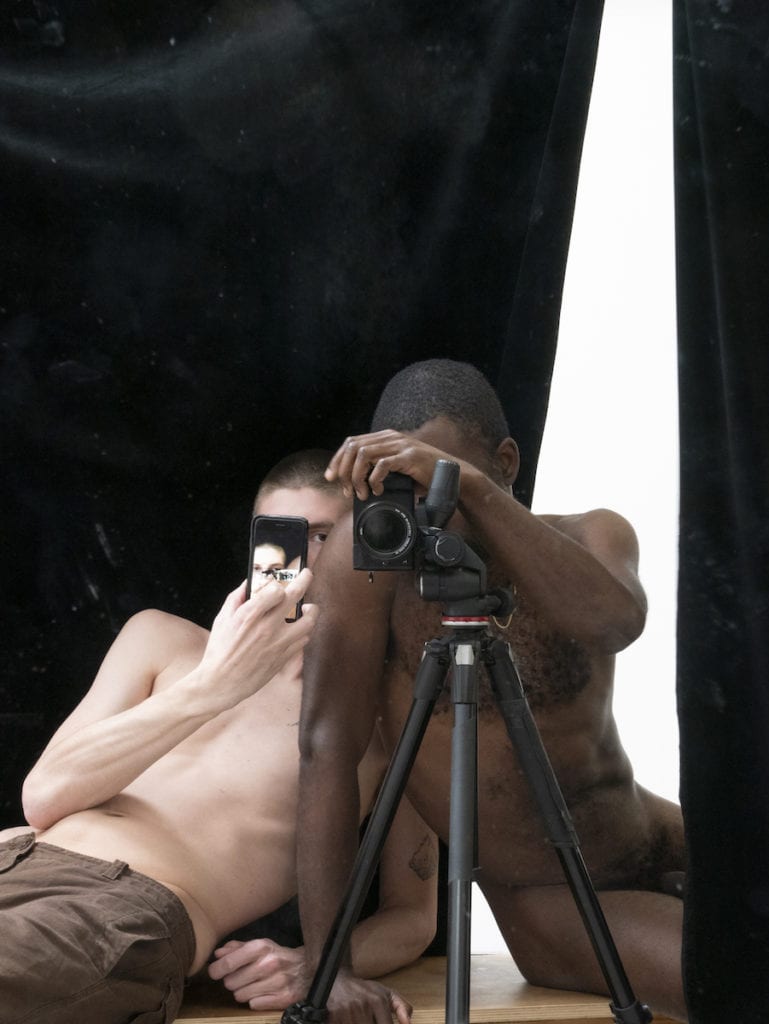
—
How did you conceive of Virtual Assembly? Did you want to translate the experience of a physical book fair into the virtual realm, or did you want to create something new – a different kind of book fair for online?
Virtual Assembly was born out of need — first and foremost. We saw publishers struggling because their primary source of income had been lost. So there was that immediate financial angle, which needed to be addressed.
However, with every day that passed and our lives changing in the face of the pandemic, there was also the sense that the simple things, which we have come to take for granted – the ability to get on a plane and visit another city, to print a book or attend a book fair — would be impossible in the short term.
I miss people. I miss that very humanistic act of making and sharing books. So really our goal was to make something that felt human and translate the very organic and physical process of experiencing books into the digital realm — in the most authentic way possible.
What challenges did you face translating something that traditionally centres upon the experience of physical objects, into the online world? How did you overcome these challenges?
I have very specific ideas of what makes a book great. Some of those are intangible — the smell, the texture; those cannot be communicated through videos. But, we can try to convey the sense of opening a book for the first time; of seeing how the pages slip through your fingers, or sensing the scale of the object. Is it deliberately crude, or made to exacting specifications?
Each publisher who is presenting books at our fair has their own sense of how they want their books to be perceived, so they are making their videos differently. We are encouraging an appropriate level of fidelity about how the books should be experienced. It sounds small, but I think it will come across very clearly in the end.
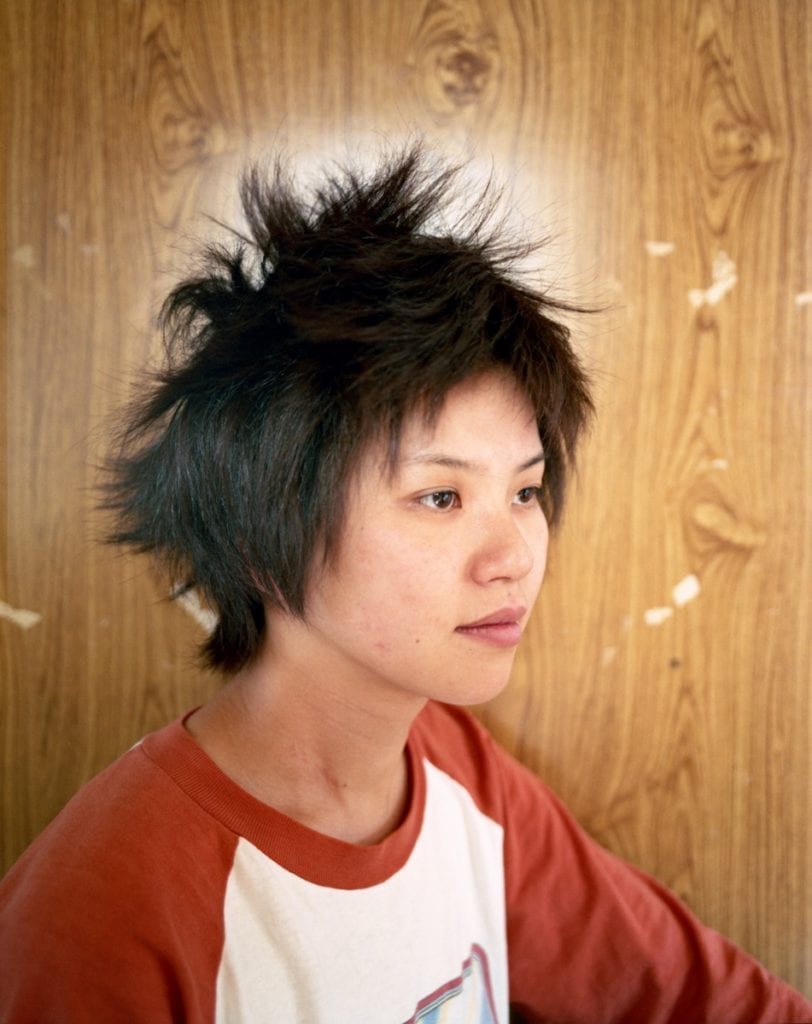
The event comprises an impressive line-up of photographers and publishers. Were people keen to be involved? How has the situation has affected artists and publishers?
I am delighted to say that the response has been overwhelmingly positive — people really want to participate. What is most exciting is being able to find publishers from all over the planet who might not usually have an opportunity to participate in the large EU and US fairs. Collector Daily made an extremely generous donation specifically to cover participation from these outfits.
Why is it important that discussions make up a large part of the book fair?
In terms of democratising the process of experiencing art books, providing free access to the live artist talks is essential. Everything that we make exists in multiple planes of perception, and no book is perfect. Sharing the personal experiences that make particular books what they are is important.
Stanley Wolukau-Wanambwa stepped up to be our director of programming and put together an especially thoughtful series of pairings of artists and writers who he knew would make for engaging discussions.
During the pandemic, many events and exhibitions have migrated online? Is this a positive thing? Is it something that will extend beyond this time?
It is hard to say how the world will change. I don’t know if travel will become less commonplace due to cost and fear, or if we will rebound harder and all start flying as soon as the masks are off. It has become clear that the way we’ve been doing things has been difficult to sustain. I know that my personal relationships feel more valuable now than they did two months ago, and I’ve been rekindling old relationships over videoconference. So I think there will be space in the world for events like Virtual—Assembly — whether driven by a pandemic or not.
Attend the fair by registering here.
